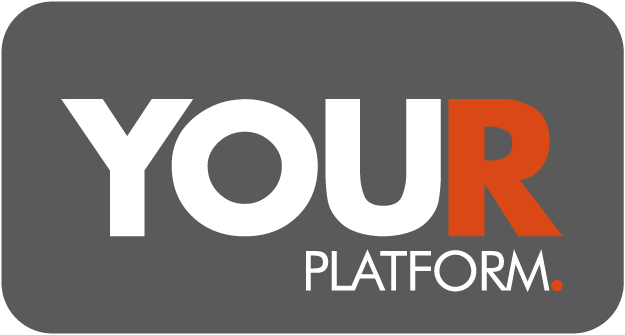The Federal Reserve concluded its two-day meeting and confirmed, as we fully expected, that the rehabilitation of the US economy will depend largely on the course of the COVID-19 virus. The ongoing health crisis will undoubtedly weigh heavily on economic activity, employment, and inflation during the short term.
Jerome Powell, the Chair of the Federal Reserve, verified that the Central Bank is using its full range of tools to support the economy during this challenging time. He also reiterated their commitment to maintaining the Federal funds’ rates at zero. Basically, the Fed is doing all that it can and the main tool that needs to be used now is fiscal stimulus.
Fiscal stimulus matters because it can directly influence consumers’ incomes, which is why US politicians need to come to an agreement around the emergency unemployment benefit that has just two days left before expiring. There is wide disagreement between Republicans and Democrats on what form the fifth fiscal stimulus package should take. What is clear though is a botched package could seriously dent any economic recovery, while a sensible compromise could boost a hesitant rebound.
One thing they have agreed, is for another round of cheques worth up to $1,200 to all US individuals, with the hope that this will generate a spike in consumer spending. However, consumers facing a significant drop in their unemployment benefits may choose to save the money rather than spend.
Any opinions stated are honestly held but are not guaranteed and should not be relied upon.
The information contained in this document is not to be regarded as an offer to buy or sell, or the solicitation of any offer to buy or sell, any investments or products.
The content of this document is for information only. It is advisable that you discuss your personal financial circumstances with a financial adviser before undertaking any investments.
All the data contained in the communication is believed to be reliable but may be inaccurate or incomplete. Unless otherwise specified all information is produced as of 30 July 2020.
17 Comments
Comments are closed.


… [Trackback]
[…] Here you will find 96921 more Info on that Topic: your-platform.co.uk/the-world-in-a-week-interim-update-19/ […]
… [Trackback]
[…] Find More to that Topic: your-platform.co.uk/the-world-in-a-week-interim-update-19/ […]
… [Trackback]
[…] Find More Info here to that Topic: your-platform.co.uk/the-world-in-a-week-interim-update-19/ […]
… [Trackback]
[…] Info on that Topic: your-platform.co.uk/the-world-in-a-week-interim-update-19/ […]
… [Trackback]
[…] Find More to that Topic: your-platform.co.uk/the-world-in-a-week-interim-update-19/ […]
… [Trackback]
[…] There you will find 71661 additional Information on that Topic: your-platform.co.uk/the-world-in-a-week-interim-update-19/ […]
… [Trackback]
[…] Read More Information here on that Topic: your-platform.co.uk/the-world-in-a-week-interim-update-19/ […]
… [Trackback]
[…] Read More Info here on that Topic: your-platform.co.uk/the-world-in-a-week-interim-update-19/ […]
… [Trackback]
[…] Read More Info here on that Topic: your-platform.co.uk/the-world-in-a-week-interim-update-19/ […]
… [Trackback]
[…] Info on that Topic: your-platform.co.uk/the-world-in-a-week-interim-update-19/ […]
… [Trackback]
[…] Find More Info here on that Topic: your-platform.co.uk/the-world-in-a-week-interim-update-19/ […]
… [Trackback]
[…] Read More Information here to that Topic: your-platform.co.uk/the-world-in-a-week-interim-update-19/ […]
… [Trackback]
[…] Find More here to that Topic: your-platform.co.uk/the-world-in-a-week-interim-update-19/ […]
… [Trackback]
[…] There you will find 2065 more Information on that Topic: your-platform.co.uk/the-world-in-a-week-interim-update-19/ […]
… [Trackback]
[…] Read More here to that Topic: your-platform.co.uk/the-world-in-a-week-interim-update-19/ […]
… [Trackback]
[…] Read More to that Topic: your-platform.co.uk/the-world-in-a-week-interim-update-19/ […]
… [Trackback]
[…] Find More Info here to that Topic: your-platform.co.uk/the-world-in-a-week-interim-update-19/ […]